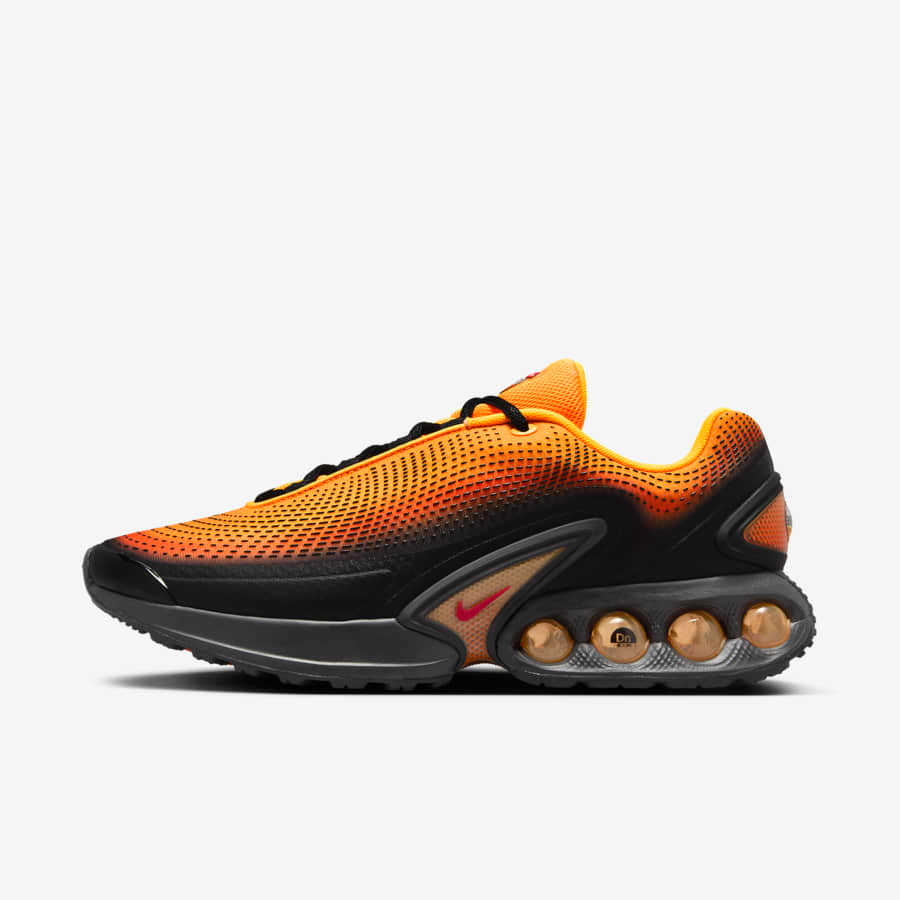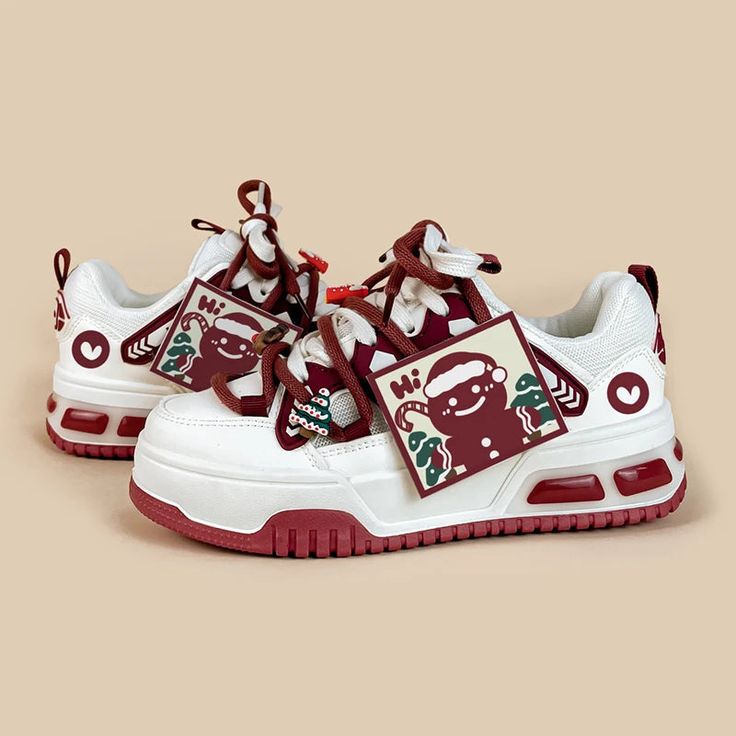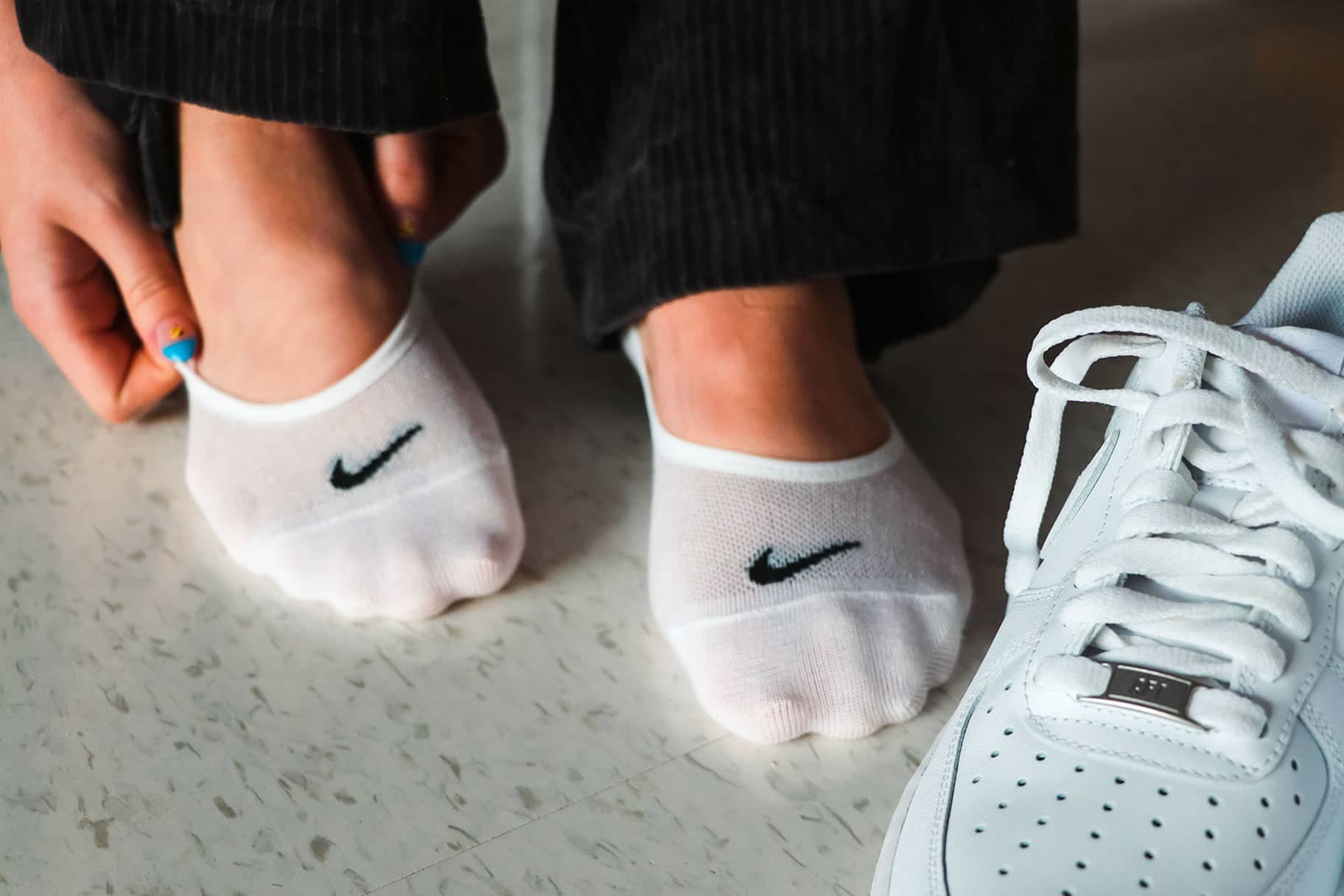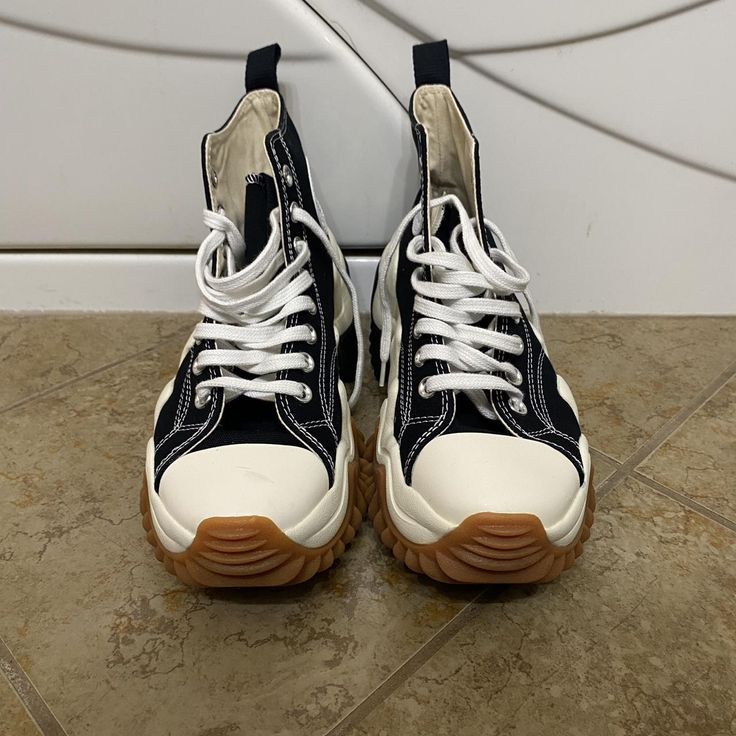The Causes of Squeaky Shoes
Understanding why your Nike shoes squeak when you walk is key to fixing the noise.
The Friction between Insole and Interior
Squeaks often come from the insole rubbing inside the shoe. This issue can arise if the insole is loose or if there’s a gap between the insole and the interior.
The Material of the Shoe Sole
Different sole materials can be noisier than others. Rubbery soles tend to make nike shoes squeak when walk, especially when they’re new.
Environmental Factors Affecting Your Nikes
Humidity, wet conditions, or slick surfaces can increase the likelihood of your shoes squeaking.
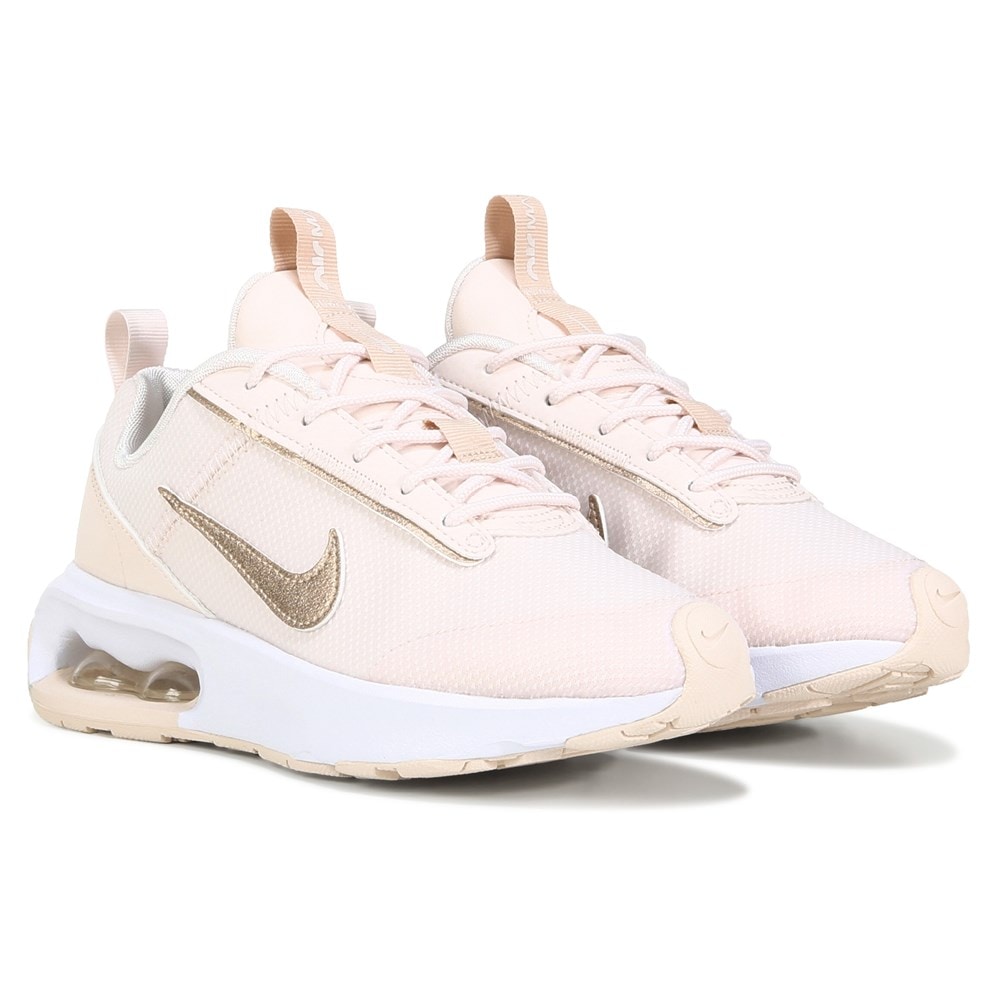
Common Situations When Shoes Squeak
Squeaky shoes can be distracting and embarrassing, especially in quiet settings.
During Gym Sessions
Your Nikes might squeak during gym workouts. This often happens on polished gym floors when new. The sound can bounce off walls, making it more noticeable.
On Indoor Surfaces
Indoor flooring, like tiles or hardwood, can cause your Nikes to produce a loud squeak. This is a common issue when shoes are fresh out of the box.
When Breaking in New Shoes
New sneakers often squeak until they are broken in. Frequent wear helps the shoes to adjust to your foot’s shape, reducing noise over time.
Exploring Material and Construction
Another aspect to consider is the materials used in shoe construction. Nike uses various materials in their designs. These materials can interact in ways that may cause noise. Let’s examine some common materials and their effects on your footwear.
Rubber Outsoles
Rubber outsoles are common in sports shoes. They often provide good traction but can also be noisy. When the rubber meets the surface, it can create vibrations that produce a squeak. The type of surface you walk on further influences this. For instance, slick surfaces may enhance this sound, making it more noticeable.
Synthetic Uppers
Nike often uses synthetic materials in their shoe uppers. These materials can cause squeaking when they rub against each other or the insoles. The type and quality of synthetic material can affect the noise level. Additionally, if the shoe is too tight, the materials may rub against each other more frequently. Thus, ensuring a proper fit is crucial in minimizing noise.
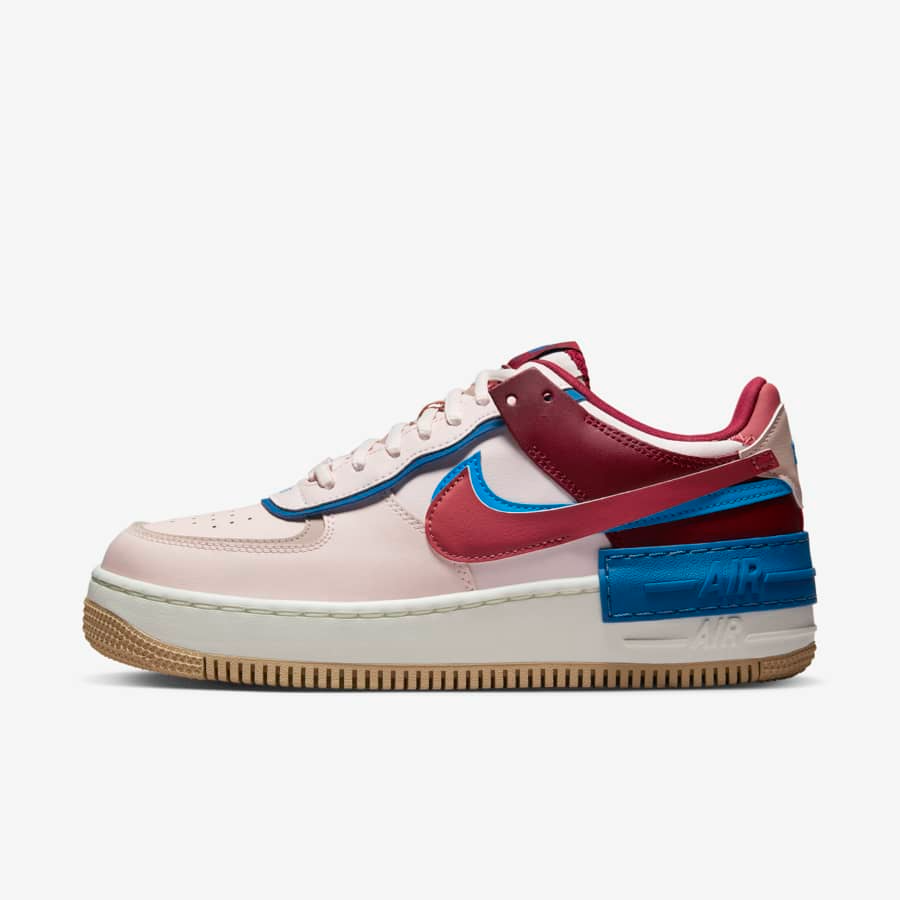
Step-by-Step Guide to Stop the Squeak
When you’re dealing with the annoyance of nike shoes squeak when walk, there are practical steps you can take to silence the noise efficiently.
Removing and Inspecting the Insole
Start by taking out the insole from each shoe. Check it isn’t stuck down; it should lift out with no trouble. Inspect for signs of wear or gaps that might lead to friction—a prime cause for that squeak we aim to fix.
Applying Baby Powder to Eliminate Noise
Baby powder acts as a lubricant, reducing friction between your insole and the shoe. Spoon about two tablespoons of baby powder into each shoe. This could help to quiet down the squeaking significantly. Remember, too much powder can create a mess, so start with a small amount and add more if needed.
Ensuring Even Coating Inside the Shoe
After adding the baby powder, give your shoes a good shake. You want to coat the interior evenly. Ensure they get a good back-and-forth shake to distribute the powder throughout. If the powder seems to clump, tap the shoes gently to spread it around. Carefully dump out any excess into the trash.
Additional Tips for Quieting Noisy Footwear
Having covered the basic steps to combat squeaky shoes, let’s look at some additional strategies. These tips will help ensure your Nikes stay silent longer.
Choosing the Right Insole
The right insole can make a world of difference. Look for insoles that fit well and do not move inside your shoe. Insoles that offer a snug fit reduce the chance of rubbing and squeaking. Memory foam or gel insoles can offer both comfort and silence. Check the size and shape before buying. Make sure they match your Nike shoes.
Proper Shoe Maintenance to Prevent Squeaks
Keep your Nikes clean and dry. Dirt and moisture can lead to noise. Regularly check for pebbles or debris stuck in the soles; remove them promptly. Store your shoes in a dry, ventilated area. Use shoe trees to maintain shape and absorb moisture. This can stop squeaking before it starts.
When to Seek Professional Help
If you have tried the above tips and still face issues, a professional may help. They can spot problems not easily seen at home. They might suggest repairs or special products. Head to a shoe repair shop if your Nike squeaks persist. Sometimes, a professional’s touch is what it takes.
By understanding ‘why do my nike shoes squeak when i walk’, and following these guidelines, keeping your footwear quiet should be easier. With proper insoles, maintenance, and the occasional help from experts, your Nikes can stay squeak-free for their lifetime.
Tricks for Breaking in New Shoes Quietly
When you get a new pair of Nikes, the break-in period can be noisy. Here are some tricks to make it quiet.
Using Conditioners for Leather
If your Nikes are leather, use conditioners. They soften the material, making it quieter. Apply a small amount and work it well into the leather. This reduces stiffness and noise.
The Importance of Gradual Wear
Don’t rush the break-in process. Wear your new shoes gradually. Start with short periods then increase over time. This helps the shoes mold to your feet and become quieter faster.
Alternative Home Remedies to Reduce Friction
There are home remedies to try. Rubbing petroleum jelly on areas that rub can help. Also, try wearing thicker socks to reduce friction and noise. Some people use a dryer sheet; rub it inside the shoe before wearing.
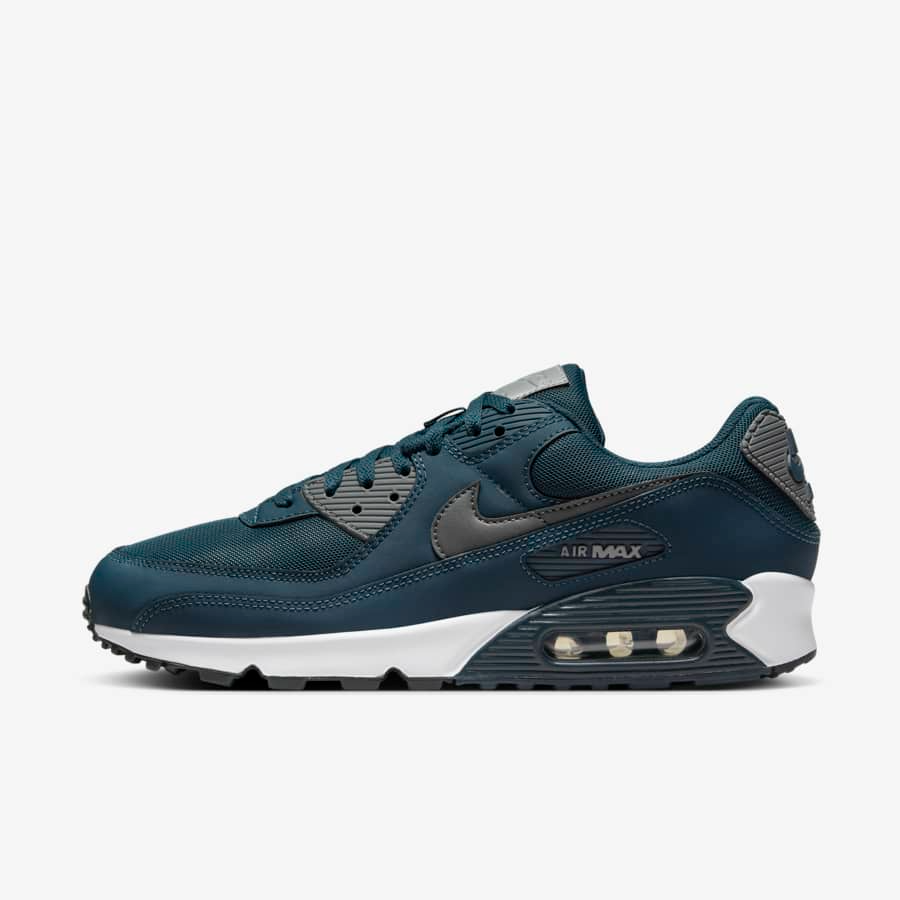
Identifying When Squeaks Are a Sign of Shoe Problems
Sometimes, squeaks signal more than just newness or minor issues.
Material Wear and Tear
Wear and tear on materials can cause squeaks. Inspect for worn out soles or seams coming apart. If you find such damage, it might be time to consider new Nikes.
Structural Damage to Shoes
Look for signs of structural damage. This includes tears or detachment in areas where the shoe bends. Such damage can cause persistent squeaking and may require repair or replacement.
Understanding the Lifetime of Nikes
Nikes are designed for durability, but they won’t last forever. Regular wear typically leads to eventual squeaks. Replace your shoes when they no longer provide the support and comfort you need.
When to Seek Professional Help
While many shoe issues can be resolved at home, sometimes it’s necessary to seek professional help. Knowing when to consult an expert can save time and money. An experienced shoe repair specialist will address problems beyond a simple fix. Let’s explore some scenarios where professional assistance is essential.
Extensive Damage
If the damage to your shoes is extensive, consider consulting a professional. Significant issues, such as major sole detachment or significant punctures, may require advanced repair techniques. Attempting to fix these problems on your own can lead to further damage. This could worsen the squeaking sound, leading to costly replacements.
Additionally, a specialist can restore older shoes effectively. Quality repairs can revitalize worn-out pairs, making them functional once again. This is particularly beneficial when it comes to Nike shoes, as they often have sentimental value. Consulting with a specialist ensures your footwear receives the appropriate care it requires.
Persistent Squeaking
If squeaking persists despite your best efforts, it may be time to explore professional solutions. Persistent noise could indicate deeper issues within the shoe’s construction. An expert can diagnose the problem and provide tailored solutions. They can determine whether specific parts need replacing or if adjustments are required.
Moreover, professional repair services often have tools and materials that are not readily available to the average consumer. This adds value to the repair process. Engaging an expert can save money and frustration in the long run. Therefore, do not hesitate to seek help when faced with persistent squeaking.
